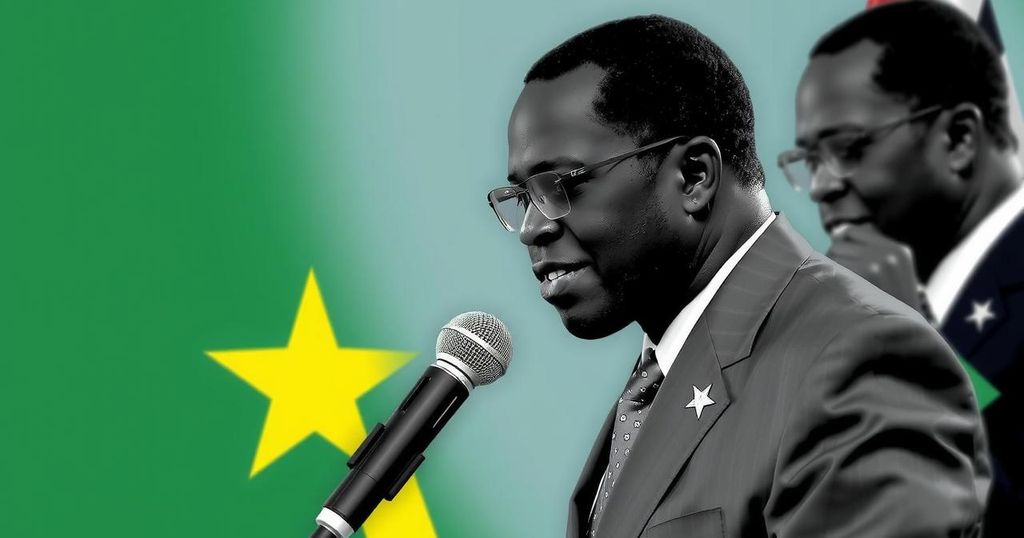UN Condemns Election Delay in South Sudan, Urges Political Compromise

The UN special representative Nicholas Haysom condemned the extension of South Sudan’s transition period to February 2027 and the postponement of elections to December 2026, highlighting the significant frustration among South Sudanese citizens regarding political stagnation. He urged leaders to prioritize the implementation of the peace agreement and outlined essential benchmarks for progress, while also noting rising local violence and humanitarian challenges in the wake of ongoing regional conflicts.
On Thursday, during a briefing to the Security Council, UN Special Representative for South Sudan, Nicholas Haysom, expressed concern over the recent decision to extend the country’s transition period until February 2027, resulting in a postponement of the first-ever general elections until December 2026. Haysom characterized this development as regrettable, expressing the frustration felt by the South Sudanese populace due to the ongoing political paralysis and the failure of their leaders to implement the peace agreement and initiate a democratic transition. Haysom reiterated that the peace process must not be treated as “business as usual,” as South Sudan, which gained independence in 2011, has been embroiled in conflict since 2013. The recent extension of the transition period came after political leaders confirmed the elections would be postponed, a move he deemed inevitable but disappointing given the citizens’ deep-seated frustrations. He emphasized the necessity for urgent compromise among South Sudan’s leaders as the implementation of the peace accord has been ineffective thus far, caught up in national political maneuvering. The envoy indicated that preparations for the elections are crucial, highlighting that the UN Mission has identified six critical benchmarks necessary for progress, including the deployment of unified forces and the preparation of voter registration initiatives. Haysom asserted the importance of solidarity among the international community and South Sudan’s political elite to ensure that this extended period is the last before achieving peace and a democratic framework. In addition to electoral matters, Haysom reported on the increasing violence at the local level, exacerbated by seasonal flooding, and its dire implications on humanitarian needs. With over 830,000 refugees and returnees entering South Sudan following the conflict in neighboring Sudan, there are overwhelming challenges regarding humanitarian assistance. Despite efforts to provide aid to millions, the humanitarian funding remains significantly lacking, undermining recovery prospects.
The situation in South Sudan has been precarious since its independence in 2011, with a civil war erupting in 2013 between factions loyal to President Salva Kiir and Vice-President Riek Machar. A peace agreement termed the Revitalized Agreement was signed in 2018, aiming to halt hostilities and transition the nation towards democratic governance. However, political stalemates and leadership inaction have hindered effective implementation, leading to frustration among South Sudanese citizens. The decision to extend the electoral transition period introduces further delays in a political climate characterized by uncertainty and instability.
In summary, the extension of South Sudan’s transition period and the postponement of elections reflect ongoing political challenges that continue to undermine peace efforts and democratic governance in the nation. UN officials emphasize the urgent need for political compromise among leaders, the achievement of crucial benchmarks, and collaborative international support to fulfill the aspirations of the South Sudanese people for peace and democracy.
Original Source: www.miragenews.com







